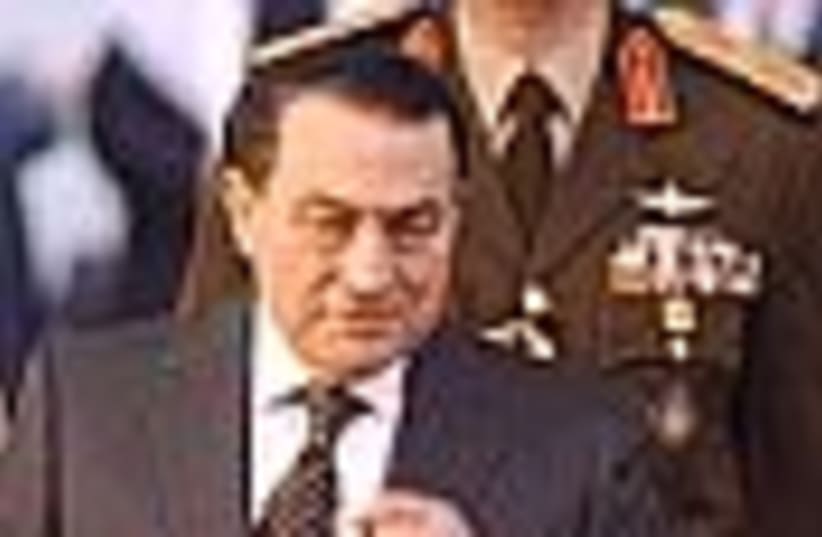| More about: | Robert Malley, Muslim Brotherhood, National Democratic Party (Egypt), Islamic Society of North America |
Opposition unites to oust Mubarak's party in parl. election
With only four weeks before elections, 10 opposition groups put aside political differences.
